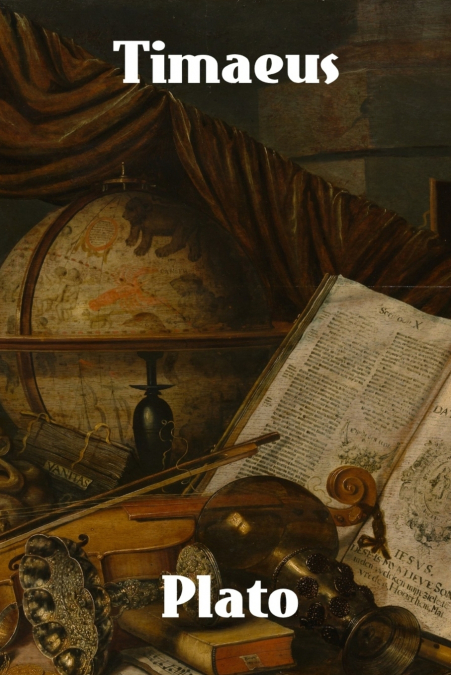
 Donde los libros
Donde los libros
 Librería 7artes
Librería 7artes
 Librería Elías (Asturias)
Librería Elías (Asturias)
 Librería Kolima (Madrid)
Librería Kolima (Madrid)
 Librería Proteo (Málaga)
Librería Proteo (Málaga)
Timaeus is one of Plato’s dialogues and a philosophy classic, mostly in the form of long monologues given by Critias and Timaeus, written c. 360 BC. The work puts forward reasoning on the possible nature of the physical world and human beings and is followed by the dialogue Critias.Participants in the dialogue include Socrates, Timaeus, Hermocrates, and Critias. Some scholars believe that it is not the Critias of the Thirty Tyrants who appears in this dialogue, but his grandfather, who is also named Critias. It has been suggested from some traditions (Diogenes Laertius (VIII 85) from Hermippus of Smyrna (3rd century BC) and Timon of Phlius (c. 320 - c. 235 BC) that Timaeus was influenced by a book about Pythagoras, written by Philolaus, although this assertion is generally considered false.The dialogue takes place the day after Socrates described his ideal state. In Plato’s works, such a discussion occurs in the Republic. Socrates feels that his description of the ideal state wasn’t sufficient for the purposes of entertainment and that 'I would be glad to hear some account of it engaging in transactions with other states' (19b).Hermocrates wishes to oblige Socrates and mentions that Critias knows just the account (20b) to do so. Critias proceeds to tell the story of Solon’s journey to Egypt where he hears the story of Atlantis, and how Athens used to be an ideal state that subsequently waged war against Atlantis (25a). Critias believes that he is getting ahead of himself, and mentions that Timaeus will tell part of the account from the origin of the universe to man.